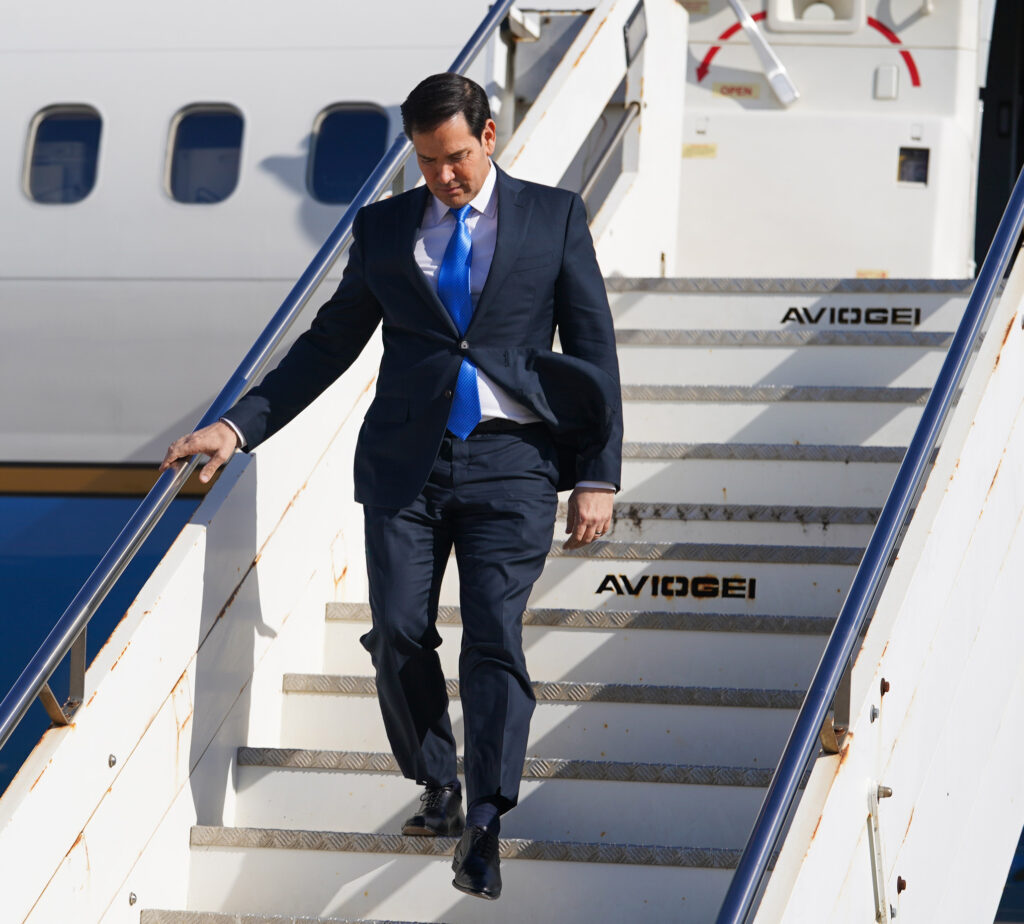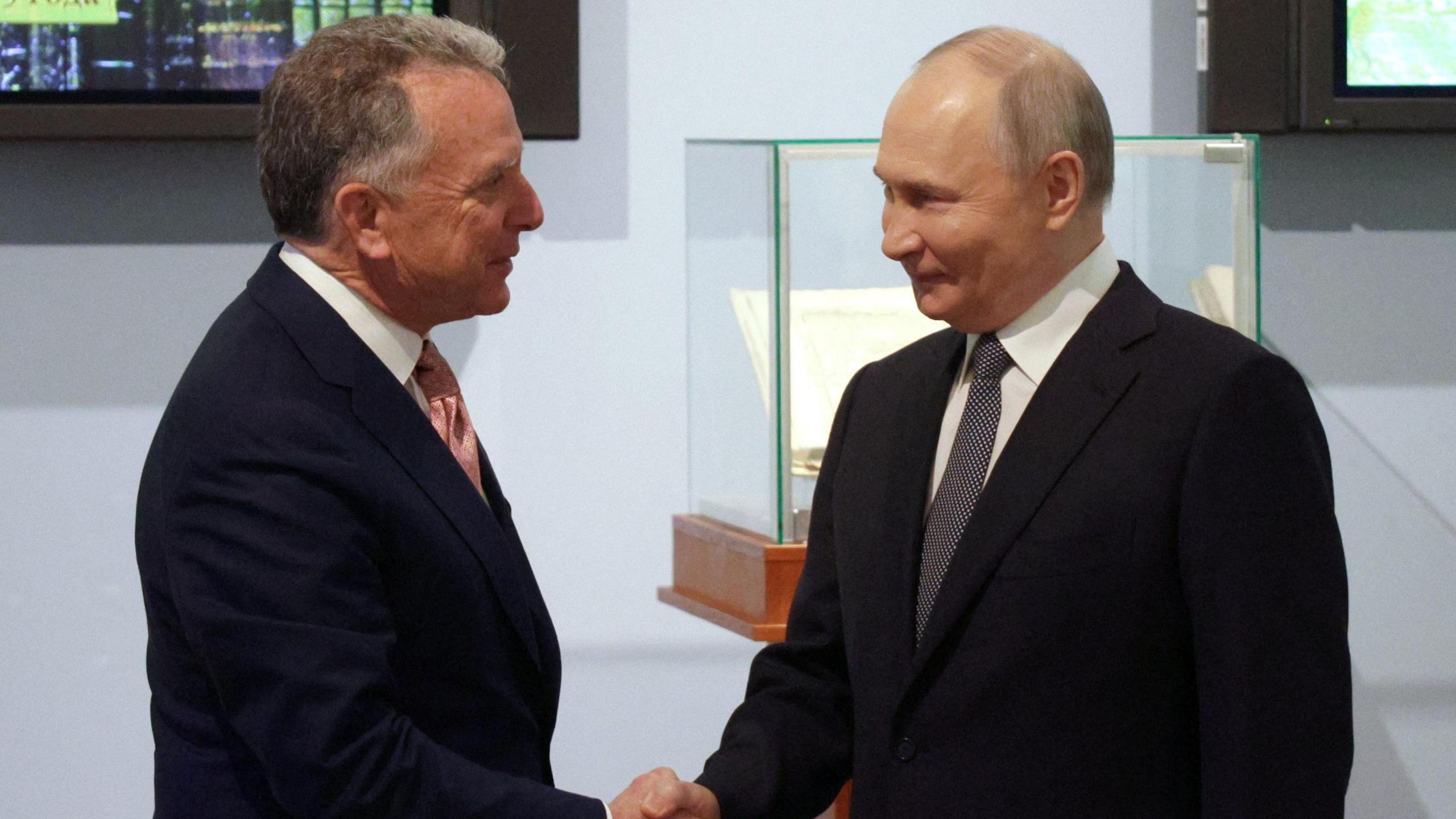President Donald Trump’s top envoy, Steve Witkoff, said that last week’s Alaska summit between Trump and Russian President Vladimir Putin produced “significant progress” on security guarantees for Ukraine and potential compromises over territory.
His remarks come just days after Trump’s highly controversial meeting with Putin in Alaska, where the US president echoed elements of the Kremlin’s peace demands. That encounter alarmed European and Ukrainian leaders, who fear Washington may be edging closer to Moscow’s agenda and weakening Western unity.
Security guarantees: a “game-changer”
Witkoff told CNN that Putin agreed to “robust security guarantees” for Ukraine, similar to NATO’s Article 5 mutual defense commitment.
“We agreed to robust security guarantees that I would describe as game changing,” Witkoff said, adding that Russia pledged to codify into law a commitment not to invade Ukraine—or any other European country—as part of a final peace deal.
Russian concessions on territory
According to Witkoff, Putin also made “some concessions” regarding his long-standing demands for Ukrainian land. While the envoy declined to name specific regions, he suggested Moscow is shifting toward negotiating around current front lines, rather than insisting on full administrative control of multiple Ukrainian provinces.
European outlets including Reuters and the Financial Times reported that Russia floated freezing the front lines in Kherson and Zaporizhzhia, while potentially withdrawing from parts of Sumy and Kharkiv, in exchange for Ukrainian concessions in the Donbas.
“The Russians made some concessions at the table with regard to all five of those regions,” Witkoff noted. “Hopefully we can cut through and make some decisions right then and there” when Trump meets Ukraine’s leadership.

White House meeting with Zelenskyy and Europeans
On 18 August, Trump will host Ukrainian President Volodymyr Zelenskyy at the White House, joined by European leaders. Discussions are expected to center on both security guarantees and the territorial framework of a potential peace deal.
The meeting follows a late-night phone call after the Alaska summit in which Trump, Witkoff, Secretary of State Marco Rubio, and NATO allies coordinated on next steps.
US officials stress no pressure on Kyiv
Secretary of State Marco Rubio pushed back against speculation that Washington is pressuring Ukraine to surrender territory.
“No one is pressuring Ukraine to give up land,” Rubio told NBC. “Putin is asking for things Ukrainians are not willing to accept—and we’re not going to force them.”
Rubio also downplayed the effectiveness of fresh sanctions, warning they would not push Moscow toward peace:
“They’re already under very tough sanctions. More sanctions won’t make them agree to a ceasefire.”

Trump declares “BIG PROGRESS”
Shortly after the Alaska talks, Trump posted on Truth Social:
“BIG PROGRESS ON RUSSIA. STAY TUNED!”
The president offered no details, but the message came ahead of Zelenskyy’s Oval Office visit and renewed efforts to shape a broader settlement.
The road ahead: fragile diplomatic terrain
Despite Witkoff’s upbeat assessment, Ukrainian officials remain wary. According to Financial Times, some in Kyiv described the Alaska summit as “horrible,” warning it could lead to a deal resembling capitulation. European leaders, too, worry that Trump’s closeness to Putin may erode solidarity within NATO.
Rubio tempered expectations, saying that while the summit produced “movement,” a comprehensive peace deal remains far off.
“There has to be talk about territories, about Ukraine’s long-term security, and about rebuilding the country,” Rubio said. “If there’s going to be a deal, each side will have to give up something.”




